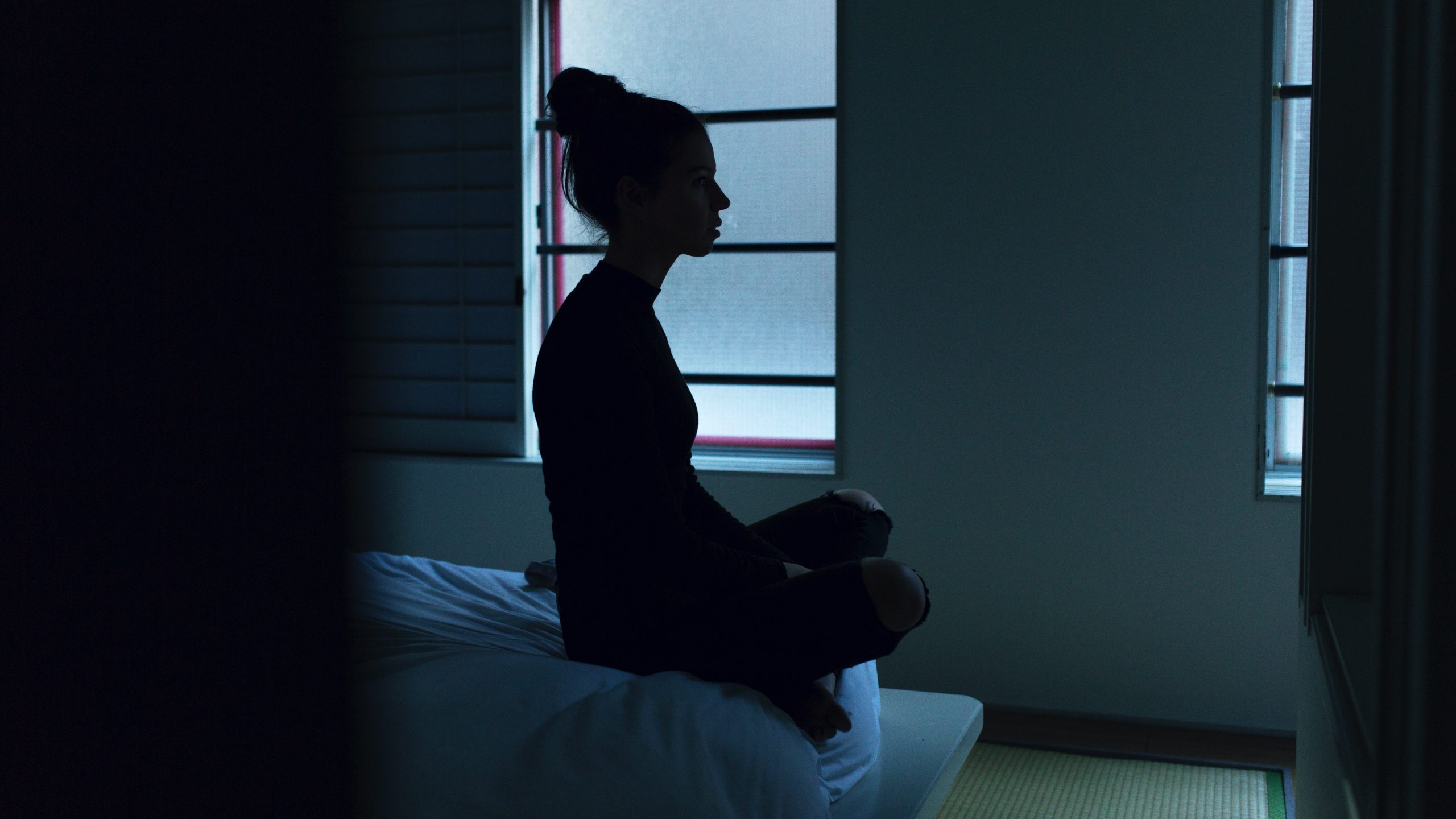As pandemic drags on, keep a routine to keep sane

By Brontë H. Lacsamana
TO PRESERVE your mental health amid yet another spike in coronavirus infections two years into the pandemic, psychologists advise focusing on things that you can do and not on things that are beyond your control.
Routines are important to individuals and families since they can help provide a sense of normalcy and delineate responsibilities from self-care, leisure, and bonding time with loved ones, said Marshall N. Valencia, a psychologist, and research and analytics director for market data and solutions company Premier Value Provider, Inc. (PVP).
Fixating on things outside of one’s control, like toxic family members or coworkers and even the virus, will only worsen one’s mental state, he continued.
“Collectively, our base level of resilience would probably be generally high compared to other countries, but we are living in very unusual times,” he said at a webinar on Jan. 12.
Active coronavirus infections in the Philippines hit almost 300,000 cases on Monday. Public health authorities have advised Filipinos to stay home at the earliest signs of infection, like a sore or scratchy throat, to avoid further transmission.
Dr. Annalyn De Guzman Capulong, a family psychologist teaching at the University of the Philippines Diliman, said that people are now tired and stressed from playing multiple roles, especially those in a work-from-home (WFH) set-up.
“Let’s be kinder to ourselves. Learn how to delegate,” she said. “Communicate with your spouse, with other family members, with friends, with coworkers.”
Citing a PVP study conducted from May 2020 to January 2021, Dr. Valencia shared that stress, anxiety, and depression levels were high, especially for Gen Y and Z employees (39 years old and below). Of over 10,000 employees surveyed, 17% had critical stress levels, 37% had critical anxiety levels, and 34% had critical depression levels.
He reiterated Dr. Capulong’s point that people may better cope with the consequences of the crisis if they learn to “communicate, delegate, prioritize.”
TRANSITIONAL STRESS
Companies and organizations have to reevaluate policies and guidelines given the transitions that employees have had to face and will continue to face. Examples include restricting messages to work hours and making work more output-driven.
“We should be prepared for another transition — to the so-called new normal. This is hybrid most likely. It means more transitional stress,” said Dr. Valencia.
In the meantime, self-care can help manage mental stress and burnout, according to Dr. Capulong.
“In whatever way you can, walang basagan ng trip, gawin mo [no judgment, just do it],” she said. “There are things beyond your control, but then what you can control is yourself and the way you think about things.”



